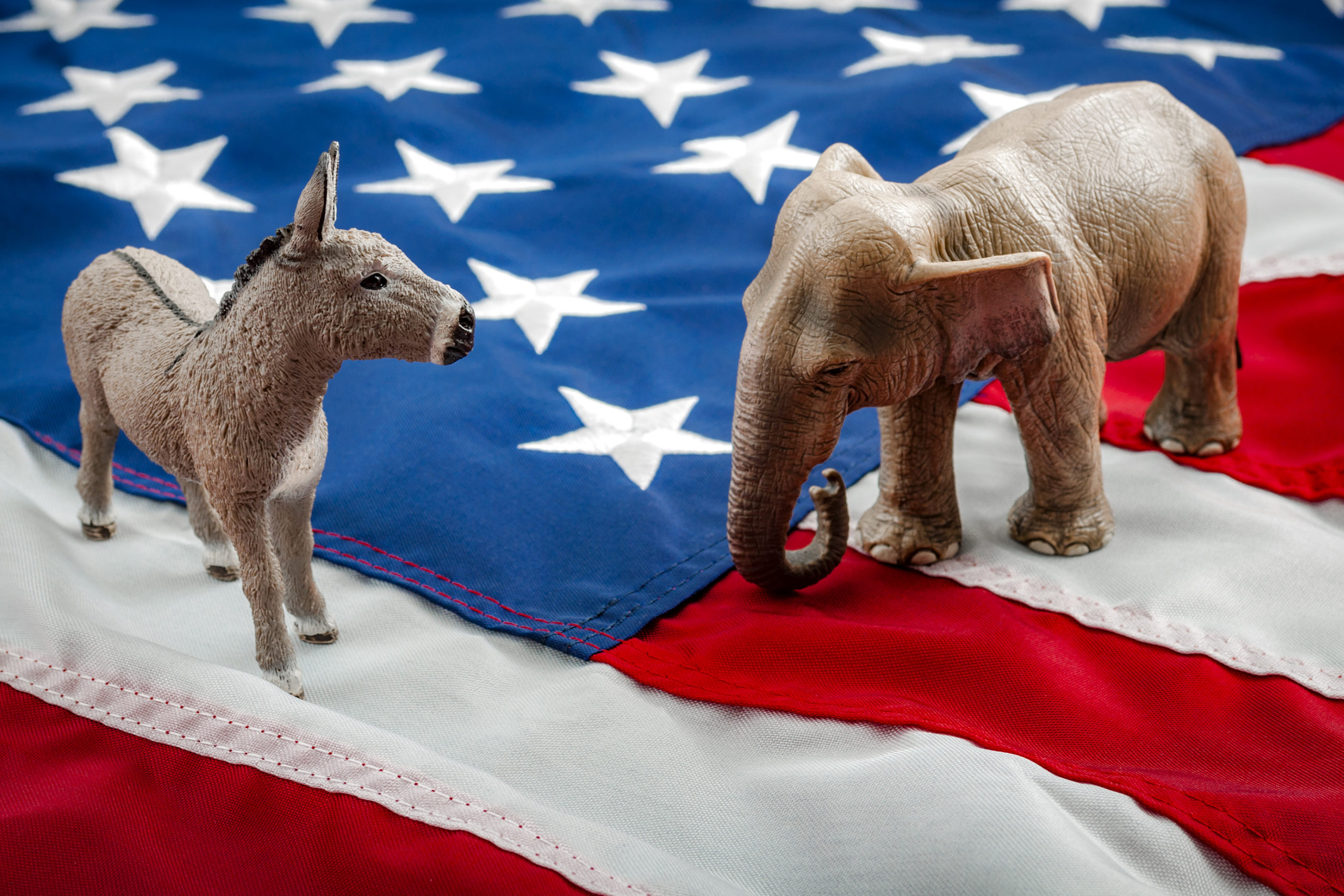The Stock Market Doesn’t Care Who’s President


As you may have heard, there will be an election next month. And in every presidential election year, the same question comes up in our conversations with Clients: how will the outcome of the election affect my portfolio?
As we’ve said in the past, while the president plays a critically important role in domestic and global policy decisions, they are but one input in the incredibly complex systems that inform how markets behave. And we don’t have to look too far back into our history to observe that predictions about how markets will react to the results of an election can be quite useless; many thought Donald Trump would be bad for markets, but regardless of your political persuasion, you can’t argue with the fact that if you invested $100 in US stocks on Election Day in 2016, you’d have $159 today (as of June 30th, 2020).
As all of our Clients know, we at Yeske Buie have had a long relationship with Dimensional Fund Advisors (Dimensional), one which we view as a strategic partnership. The good folks at Dimensional have developed a resource that “examines market and economic data for nearly 100 years of US presidential terms and shows a consistent upward march for US stocks regardless of the administration in place.” A few key observations:
- Since the end of the Great Depression, only two presidents’ terms (Richard Nixon, George W. Bush) have coincided with periods in the market where an investor’s assets decreased in value between their election and the subsequent president’s election.
- Coincidentally, there were two recessions during each of Nixon’s and Bush’s administrations, and each of their presidencies coincided with major wars (Vietnam, Iraq/Afghanistan).
- Investors’ wealth has grown irrespective of a president’s party affiliation and the party controlling congress. Investors had more money at the end of a president’s term with the following combinations of president/congress:
- Democratic President with Democratic Senate/House Control
- Roosevelt, Kennedy, Johnson, Carter
- Democratic President with mixed Senate/House Control
- Truman, Clinton, Obama
- Republican President with mixed Senate/House Control
- Eisenhower, Reagan, Trump
- Republican President with Democratic Senate/House Control
- Ford, H.W. Bush
- Democratic President with Democratic Senate/House Control
- The four best periods of growth are split evenly between parties.
- Roosevelt (D)*
- The fact that FDR served for more than three full terms must be noted as a distinct advantage in this comparison.
- Clinton (D)
- Eisenhower (R)
- Reagan (R)
- Roosevelt (D)*
So while we can’t predict who will win the election (just as we can’t predict what will happen in markets), we can say with confidence that markets will react to the information, process it, and move on (and upward). Worrying about the result won’t do you any good, and in the end it probably won’t matter. As such, we recommend focusing on the only thing you can do to affect the outcome – vote!
For questions about our approach to investing our Clients’ assets, contact a member of the Yeske Buie Financial Planning Team.
